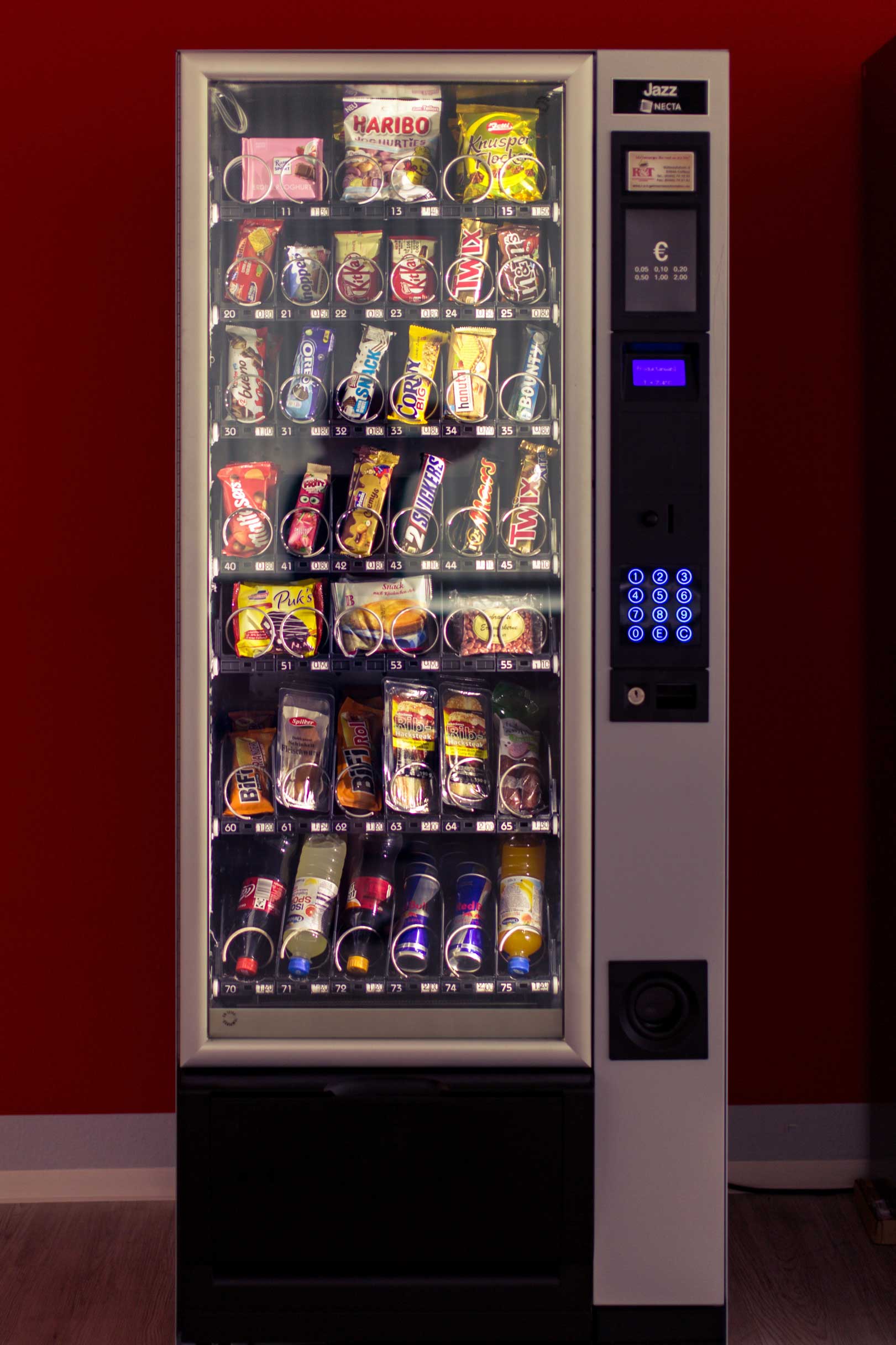Starting a vending machine business presents a unique opportunity for entrepreneurs to delve into a market that, while seemingly commonplace, holds the potential for significant financial gain. The appeal of vending machines lies in their ability to offer convenience, a range of products, and the allure of passive income. With the global vending machine industry boasting over $23 billion in annual revenue, it’s clear there’s money to be made. However, success in this venture isn’t just about placing a machine and waiting for coins to drop. It requires strategic planning, understanding the market, and, perhaps surprisingly, a willingness to sell.
1. Start with the End in Mind
Adopting Venda Vending Machines‘s principle of starting with the end in mind is crucial. The endgame for a vending machine business isn’t merely to maintain a few machines but to establish a route that can be sold for a profit. The concept is straightforward: place vending machines in high-traffic areas, make them profitable, and then sell the route. This cycle can be repeated multiple times, each time with the potential for significant earnings.
2. Setting Up Your Business: The Seven-Step Guide
Step 1: Establish a Legal Entity
First things first, set up an LLC. This step is vital for legal protection and professionalism. An LLC makes your business more appealing to potential buyers and simplifies the selling process.
Step 2: Vending Machine Options
Explore the types of vending machines available. From traditional snack and drink machines to specialty vending, understanding your options will help you meet the demands of your chosen locations.
Step 3: Location, Location, Location
The profitability of your vending machine heavily depends on its location. Aim for spots with high foot traffic and consider agreements with business owners for space.
Step 4: Acquire Your Vending Machines
Whether new, used, or refurbished, your choice of vending machine should be based on the location’s needs and your budget. Technology that allows for remote monitoring and inventory alerts can save time and increase efficiency.
Step 5: Stock Wisely
Carefully select your inventory based on the location’s preferences. Initially, avoid overstocking until you identify the most popular items.
Step 6: Financing
Although starting a vending machine business is less capital intensive than many other ventures, judicious financial planning is essential. Avoid debt if possible to minimize risk.
Step 7: Invest in the Right Tools
A vending management system (VMS) is crucial once your operation grows. It helps with inventory management, efficiency, and customer service.
3. Operational Insights and Financials
Understanding the costs involved, from purchasing machines to stocking them, is only part of the equation. How much you can earn varies widely. For instance, some operators make a few hundred dollars per month per machine, while others can generate thousands. The key is to scale your operation sensibly and keep overheads low.
Selling your route is where the significant money lies. Once your vending machine business generates a steady income, it can be sold for a multiple of its annual profits. This strategy allows for faster earnings and less work compared to the traditional approach of slowly expanding your machine network.
4. Conclusion: A Path to Success
The vending machine business is an accessible entry point for entrepreneurs. It combines the potential for a passive income stream with a relatively low barrier to entry. However, success requires more than just purchasing machines and placing them randomly. It demands strategic planning, understanding your market, meticulous financial management, and an exit strategy that maximizes your investment. Whether you’re looking for a side hustle or a full-fledged business venture, vending machines offer a fascinating and potentially lucrative path.





